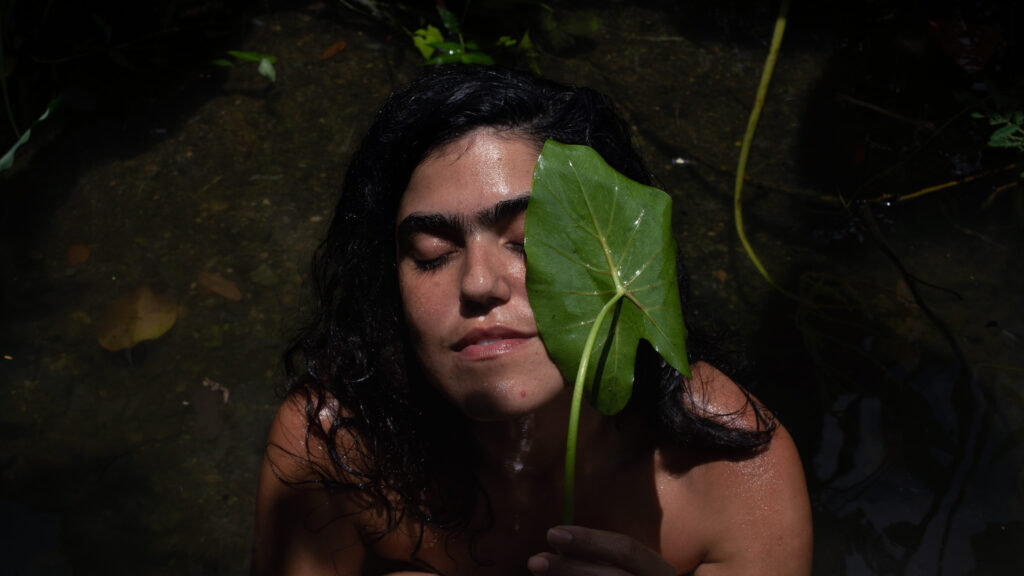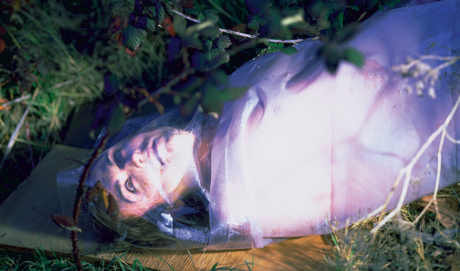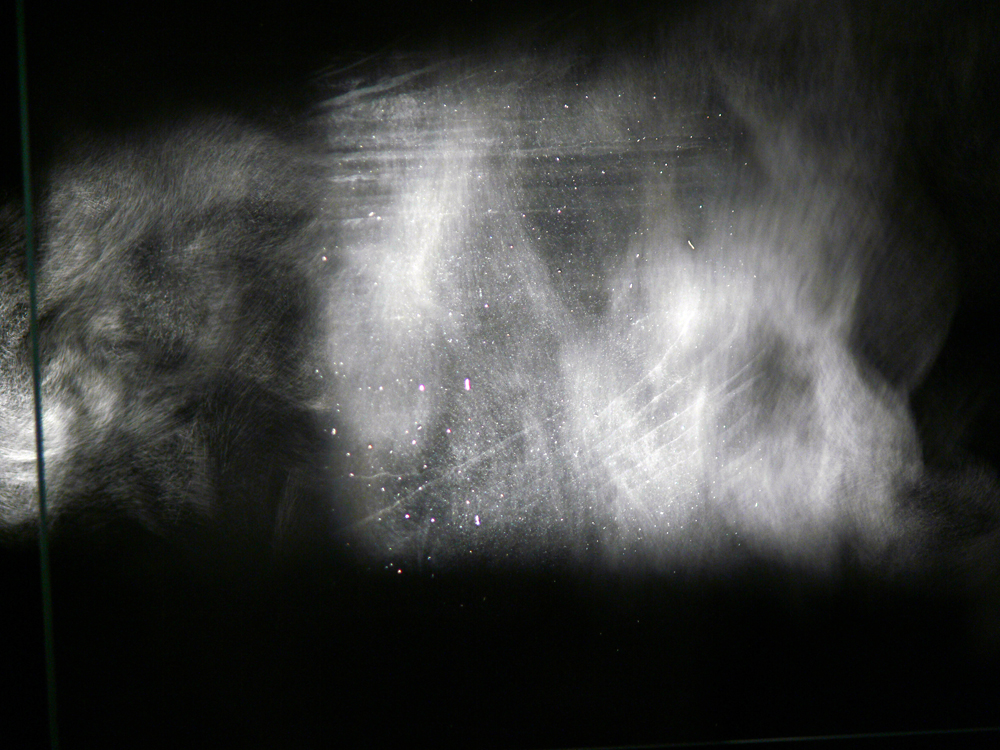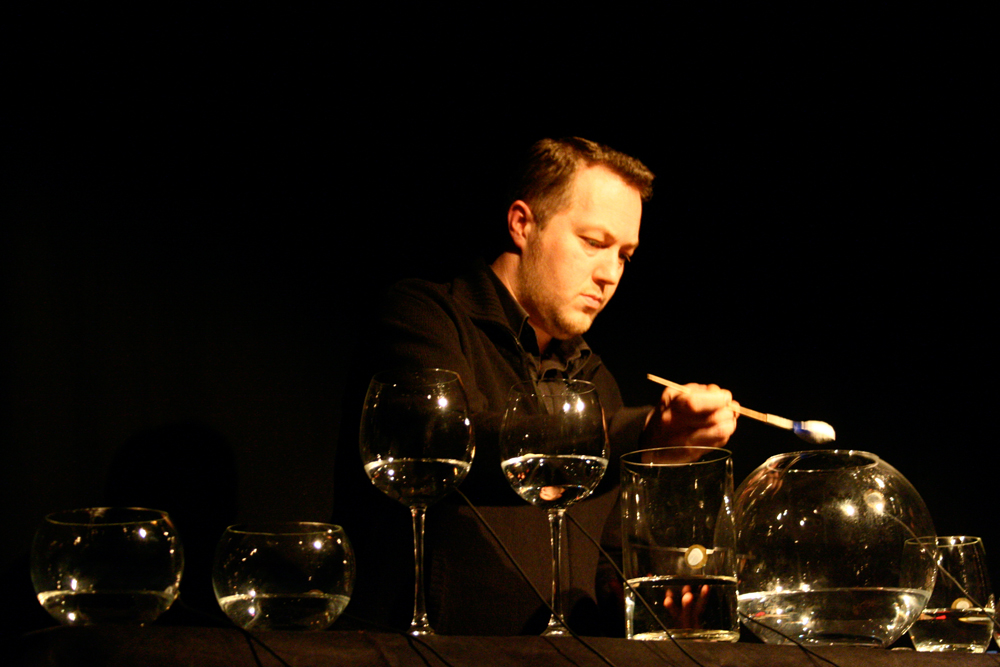
Self Cancellation – Acid/Nylon
Gustav Metzger
A recreation of one of Gustav Metzger’s celebrated auto destructive performances.
Arika have been creating events since 2001. The Archive is space to share the documentation of our work, over 600 events from the past 20 years. Browse the archive by event, artists and collections, explore using theme pairs, or use the index for a comprehensive overview.

A recreation of one of Gustav Metzger’s celebrated auto destructive performances.

A sung-through Nubian musical ballet. A darkly humorous take on sexual trauma and what magical and ancestral tools might heal it.
Glasgow. Low-end drone guitarage army in praise of the open chord.

A film as a translation of Monique Wittig’s landmark feminist novel Les Guérillères, in which a plural protagonist of militant feminists inhabit a fantastical, enigmatic and hallucinatory miasmatic space-time of post Hurricane Maria Puerto Rico.

“I am truly without faith. In a media marketplace that demands soulness, I can only offer soulnessless.”

Three documentary films exploring diverse realities of sex workers around the world followed by a closing ceremony of the festival.

A collaborative performance where sound and image are created, performed and mediated by light, water and glass.
Ex-Decaer Pinga and CKDH rodeo queens; regular ladynoise hoedown gets gatecrashed by sonic chunder-huffing remedial clatter boys.

Ten short intimate one-on-one conversations with Robert Softley Gale – We all want to see ourselves reflected in the world around us—in society, in art, in culture… in porn?

Three workshops lead up to an open invitation to improvise with the festival as concert. The last four hours of the Sunday 14 at Instal 10 were devoted to presentations devised during the three workshops. The material conditions (time, space, facilities…) were the instruments. From there anything could happen.

In this response to the Self Cancellation project, Lee Patterson dissolves medicine in glasses of water and explores the sonic content.

Deliberately blurred drones, absent of definite structure or rhythm, framed in silence and devoid of any distraction from the pure matter of sound.